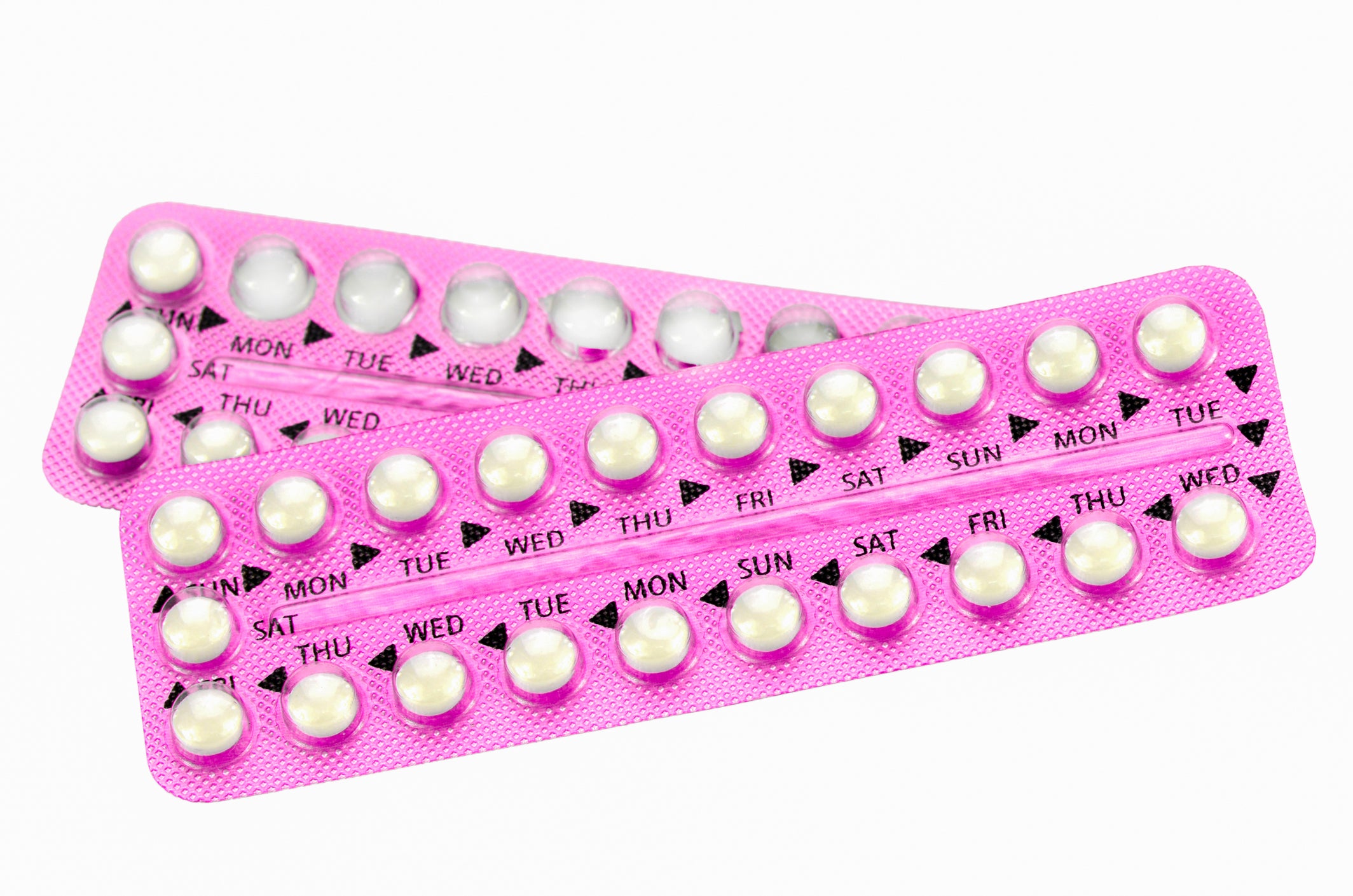The Independent's journalism is supported by our readers. When you purchase through links on our site, we may earn commission.
Women are ditching oral contraceptives in favour of smartphone apps
Hormone-free, but are they effective?

There is a new birth control method on the market - and women are downloading it by the thousands.
The Natural Cycles app, which costs £40 for an annual subscription is, according to its description, 93 per cent effective according to clinical tests, and works by “analysing your temperature, period, and ovulation to calculate when you are fertile and should use birth control.”
The new app feels like a fancier version of the long-established rhythm method, also called the calendar method - which uses the time of the month as the main factor in when you can have low-risk sex.
According to the Mayo Clinic, the rhythm method is a way to “track your menstrual history to predict when you’ll ovulate,” and as a way to avoid pregnancy, “determines which days to avoid unprotected sex.”
However, the Mayo Clinic warns, “Using the rhythm method for birth control requires careful record keeping and diligence. If you don’t want to conceive, you and your partner must avoid having sex or use a barrier method of contraception during your fertile days each month.”
It's been around for thousands of years, and is a system that the app's creators have built on.
The app's creators say there's a complex algorithm under the hood, that takes into account a woman's temperature and many other factors like sperm survival, temperature fluctuations, and cycle irregularities. It detects ovulation and fertility as well as the different stages of her cycle.
Around 125,000 British users have downloaded the app so far.
Coinciding with a rise in women dumping their oral contraception, after studies linked it to breast cancer, the app has seen a rise in popularity, especially over the past year.
In addition to cancer fears, women seem to find apps as a form of birth control appealing because they are hormone-free and there are no side effects.
Figures suggest that demand for the pill is falling, with NHS reproductive healthcare consultant Jane Dickson telling The Mail on Sunday: “I’m aware of a feeling among women that they might be worried about using hormones so they are seeking non-hormonal methods.”
Subscribe to Independent Premium to bookmark this article
Want to bookmark your favourite articles and stories to read or reference later? Start your Independent Premium subscription today.

Join our commenting forum
Join thought-provoking conversations, follow other Independent readers and see their replies